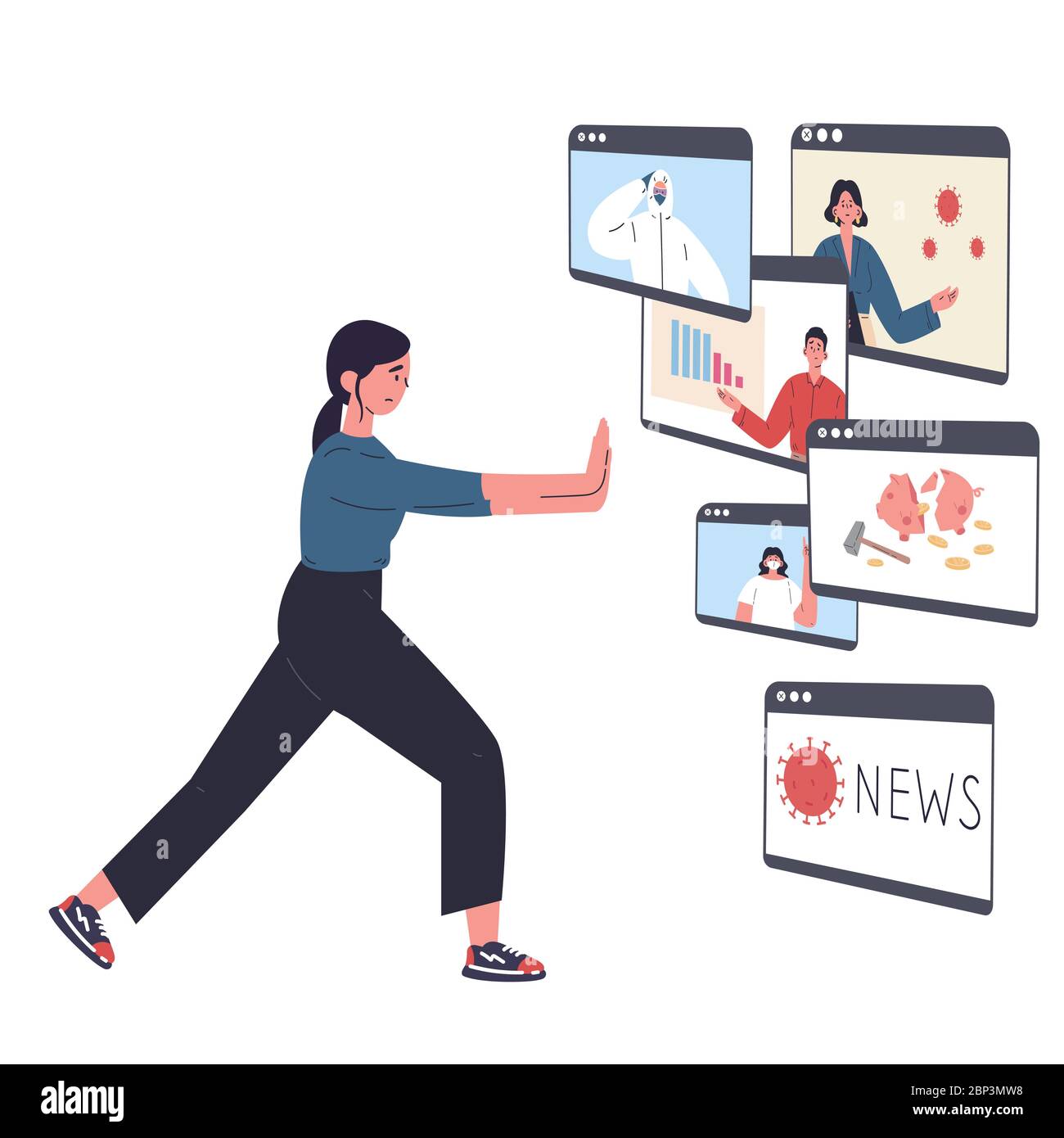CRITICAL THINKING AND MEDIA LITERACY
The Information Overload: Navigating Advertising Deception
In the digital age we live in, we are constantly exposed to an overwhelming amount of information. From the moment we wake up until we go to bed, we are bombarded with a constant stream of data, news, advertisements, and opinions. However, this overexposure also exposes us to a lurking danger: advertising deception. In this piece, we will explore the magnitude of the problem and reflect on how to navigate this information deluge to protect ourselves from falling into the clutches of misleading advertising.
We live in the era of information, a time when access to knowledge and data is virtually limitless. Social media, search engines, and electronic devices have become our faithful companions, but also a gateway to a sea of misinformation and propaganda. It is increasingly challenging to distinguish between truth and falsehood, between valuable information and the advertising bombardment designed to manipulate our decisions.
Advertising itself is not the enemy. It is a legitimate tool to promote products and services. However, when it crosses the line into manipulation, it becomes a dangerous weapon. Advertisements camouflage themselves as news, infiltrate our social media feeds, and present themselves as personal recommendations. We find ourselves immersed in an ocean of tempting promises, fabricated testimonials, and psychological tactics designed to exploit our weaknesses.
So, how do we confront this information overload and protect ourselves from advertising deception? First and foremost, we must cultivate a critical mindset. We should not accept information passively but question it and seek reliable sources to support what is presented to us. Fact-checking and seeking diverse opinions can help us discern between truth and fiction.
Furthermore, it is essential to continuously educate ourselves about the techniques used in advertising. We must understand how our emotions are manipulated, how persuasive messages are created, and how our cognitive biases are exploited. By acquiring this awareness, we will be better equipped to recognize and resist advertising deception.
Lastly, we must learn to disconnect and set limits on our exposure to information. Constant overstimulation can cloud our judgment and make us more susceptible to manipulation. We need moments of silence and reflection to process information properly and make informed decisions.

Comentarios
Publicar un comentario